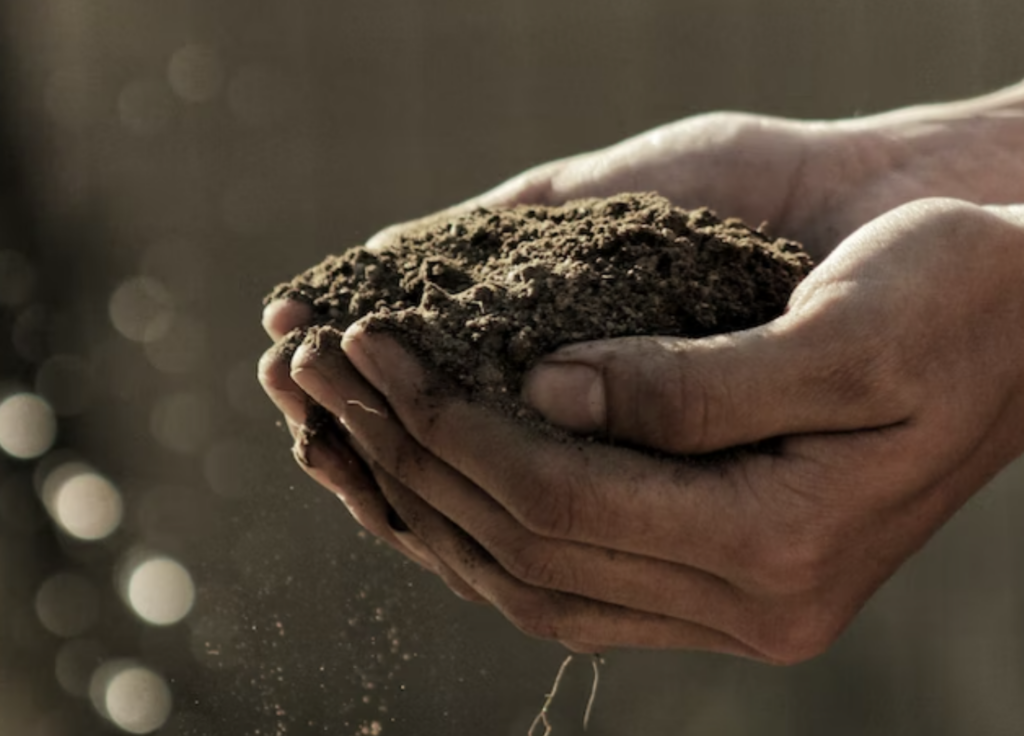Human Composting Is Becoming More Popular In One US State, Here’s What You Should Know
The human composting of deceased loved ones is becoming more popular in Texas, despite the fact that it is not yet legal there.
This article is more than 2 years old

There is another emerging burial method to remember loved ones, and it is still illegal in many states. Human composting is becoming more popular in Texas, however, it is not legal just yet. The method involves returning the body to the soil rather than traditionally cremated or buried in a casket.
What is Human Composting?
Human composting, also known as “natural organic reduction,” is a method of human remains disposal. It involves converting the deceased’s body into nutrient-rich soil. This is also a more eco-friendly and sustainable alternative to traditional burial or cremation.
The method has been practiced for centuries in other cultures. As environmental concerns and the desire for more personalized funeral options grow, human composting is emerging as a potential solution to address these issues. So what is it exactly?
According to U.S. Funerals, human composting is a process that takes several weeks. The body is placed in a container filled with organic materials, such as wood chips, and kept at a temperature of 130°F. This environment promotes microbes to decompose the body into basic organic compounds, and the remains are then mixed with additional organic matter to create nutrient-rich soil.
The created soil is all organic. It can then be used for gardening or other purposes. This helps to close the nutrient loop and promote sustainability.
Human composting has several distinct advantages over traditional burial or cremation. Traditional cremation releases large amounts of greenhouse gasses into the atmosphere, making composting a much more environmentally friendly alternative. Human composting also avoids the use of toxic chemicals, such as embalming fluids, that are commonly used in traditional burial.
The Ethics and Legality
The ethical case for human composting is entirely dependent on your perspective and values. Since its practice promotes environmental sustainability and reduces the carbon footprint, it can also be viewed as a more natural and respectful way to return a body to the earth. Conversely, human composting can be seen as disrespectful or undignified, especially if done with improper care or sensitivity.
To family members and loved ones, human composting can be a way to honor the deceased’s wishes. It also provides a person with a unique, meaningful, and personalized farewell. However, some may feel uncomfortable with the idea of turning their loved one’s body into soil, particularly if this custom is not culturally or religiously accepted.
Recompose, a company that specializes in human composting, notes that the practice is only legal in Washington, Colorado, Oregon, Vermont, California, and New York. The practice is subject to strict regulations and oversight such as Washington Senate Bill 5001 requiring human composting facilities be licensed and inspected by the state’s Funeral and Cemetery Board. Other states and critics assert that the process is too untested or unconventional to be deemed safe and reliable.
According to KXAN, Texas state senator Nathan Johnson, drafted senate bill 105, which would allow Texans to choose water cremation for natural body disposition method. This method and human composting is illegal in Texas currently. Johnson shared they would love to add in natural organic reduction when it comes to people’s rights for their body when they die.
The implications of human composting are complicated. As the practice becomes more widespread, it will be important to carefully consider various perspectives and values. To ensure that the practice is conducted with respect and dignity for the deceased and their loved ones, consult a licensed facility.




